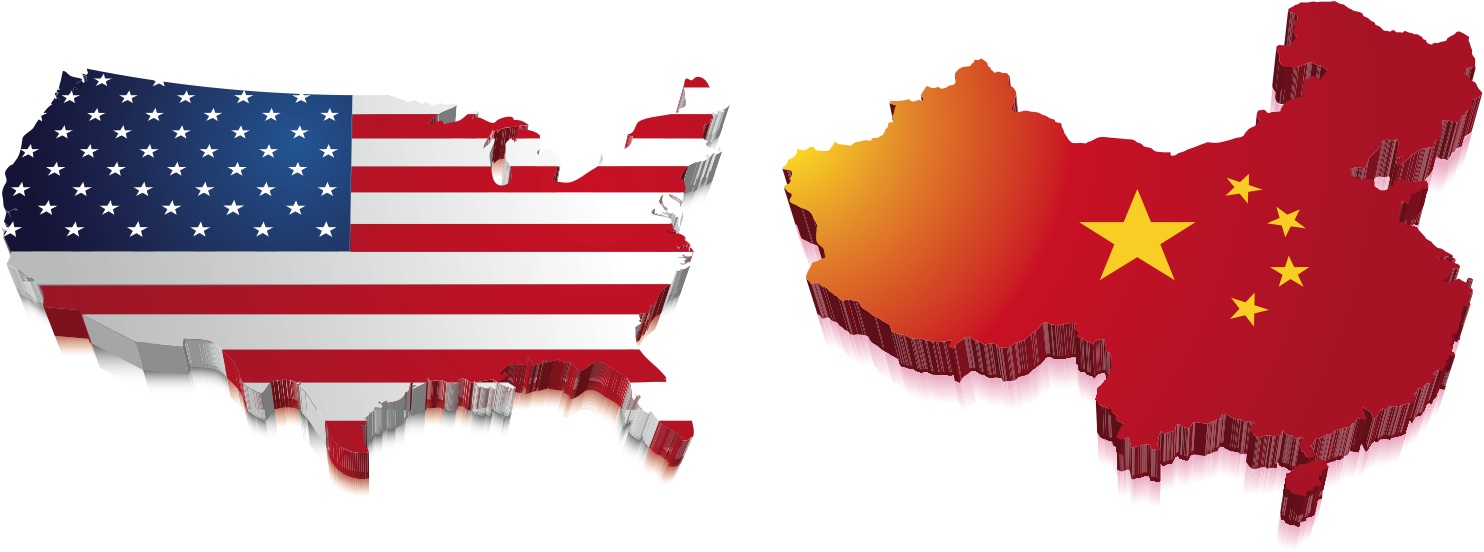
Well, according to Eurasia Group, the number one risk for 2010 is U.S.-China relations.
In their annual “Top Risks” report, the firm’s president, Ian Bremmer, and head of research, David Gordon, announced their top risks today, which states that “2010 is likely to be much more turbulent geopolitically than 2009, when the world was preoccupied with coping with the global financial crisis, but saw no big geopolitical crisis.”
- U.S.-China relations — The firm sees the relationship between these two powerhouses deteriorating significantly due to China’s reluctance to take more of a leadership role, as was seen during the Copenhagen climate conference. Other issues affecting the relationship include Beijing’s economic partnership with the U.
S., the resulting higher tariffs on Chinese exports, differences in cap and trade beliefs and issues involving cyber-security, among others.
- Iran — Eurasia Group points to Iran as the biggest “purely geopolitical risk in 2010.” The report focuses on the country’s struggling government, its nuclear program and its reaction to ensuing sanctions. “The Iranian regime looks increasingly like a cornered, wounded animal,” the report states. “In 2010, it’s likely to act like one.
“
- European fiscal divergence — It seems the fiscal challenges in Greece, Ireland, Spain, Portugal and Italy have created a massive area of financial risk in Europe. Eastern Europe faces escalating risks as well, especially if European Central Bank liquidity measures are curtailed.
- U.S. financial regulation — Eurasia Group feels 2010 will prove to be a more difficult year for Obama than 2009. The firm points to unemployment remaining high, very challenging financial regulatory reform and mid-term elections affecting this reform. “Both the Americans and Europeans are aware of the risk of driving the financial industry into the ground with too much (or too drastic) regulation or taxation,” the report states. “But as reform becomes an election-year domestic battleground, the need to serve political interests will be increasingly at odds with the need to create an efficient framework for regulatory reform.”
- Japan — Japan has had to endure sweeping political change and the new Democratic Party of Japan’s (DPJ) efforts to “limit the influence of bureaucrats and industrialists” has created an atmosphere of higher policy risk. Other concerns regard the uncertainty of the DPJ and the party’s less favorable disposition toward the business community, which is likely to harm financial confidence, further affecting economic woes.
The remainder of their top 10 list can be viewed here. It’s interesting to note the “red herrings” section listed at the bottom, which includes information on Iraq, the Persian Gulf, Russia, the dollar and New York and London.


